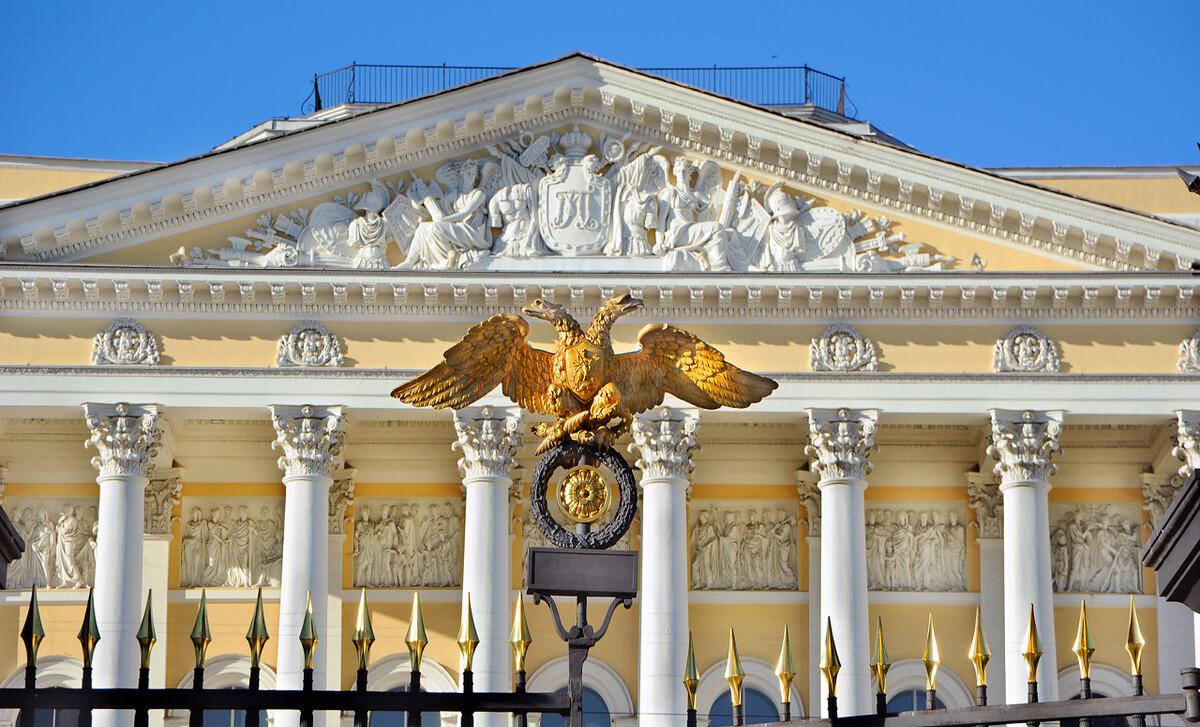In 1814, at the age of 15, Pushkin imitated the Ukrainian folk song "Cossacks Rush to the Danube" and composed the poem "Cossacks", which praised the freedom and love of the Don Cossacks. His poetic novella Prisoner of the Caucasus (1820-1821) depicts Don Cossack soldiers who participated in the 60-year-long Caucasus War of Russian conquest of the Caucasus, and the poet called the Don Cossacks "bold liberators of slaves" and "brave Cossacks". The long poem "Brothers of bandits" (1821-1822) describes the tragic fate of Ukrainian Cossacks who fled from the Dnieper to the Volga, and later became Volga Cossacks. It depicts them being treated as criminals and robbers, escaping after being captured, and finally dying in a foreign country, like a long and curved sad song of "robber brothers". During his exile in the South from 1820 to 1824, Pushkin wrote the "Southern Poems" describing the life of the Caucasian Cossacks, followed by the romantic poem Poltava (1828) and the novel The Captain's Daughter (1836). In his long historical poem Poltava, Pushkin portrayed the Ukrainian Cossack chief Masappa as a figure with a "strong personality" and "shocking historical characteristics", calling him a "villain general", a "conspirator", a "careerist", and a "traitor who betrayed the Tsar". (Pushkin 1988: 265-340) Pushkin considered the Cossack Ataman Racine, who led the peasant uprising, to be "the only poetic figure in Russian history" (Troya 1992: 293) and wrote many poems in praise of Rahim, but not all of them were published publicly. Poltava (1828-1829) depicts the Ukrainian Cossack Geitman Mazepa/Masippa as a "villain", a "viper", a cunning Cossack Geitman.
Pushkin admired the Folklore tales of the Cossack Attamans who led the peasant revolt. In 1834 Pushkin published a historical novel with documentary function, The Beginning and End of the Pugachev Rebellion. Based on a large number of authentic archival documents, Pushkin vividly portrayed the artistic image of Cossack Ataman Pugachev. It is diametrically opposed to the historical image of Pugachev of the "cruel", "thug", and "thief" in the official chronicles of Russian historians. In Pushkin's pen, Pugachev was not an ordinary rioter, but a true hero with noble qualities and a sense of national responsibility. He hated the tsarist regime and the autocracy and loved his homeland, just as the intellectuals of Pushkin's time did. Because of Pushkin's life experience, he also formed an "imperial complex" in his creation, which led to his flogging of rebellious imperial figures. Through the novella "The Captain's Daughter" (1836), the writer's admiration and yearning for heroes is once again expressed, calling the Don Cossack Ataman Pugachev the leader of the peasant revolt, a wise, righteous, and kind man. The author rejects, with complete certainty, the account and evaluation of Pugachev in the official Russian history books. The Song of Stepan Racine (1826) celebrates the Don Cossack Ataman Racine who led the peasant revolt of 1667-1671. Pushkin relied on folk songs and historical documents to celebrate Racine's heroic story.
Gogol has been called the "encyclopedia of the Cossacks". In his essay "A Brief Discussion of the Formation of Little Russia (Ukraine)", he brilliantly describes the cultural characteristics of the Ukrainian Cossacks: "They do not impose on themselves any oaths, any fasts; they restrain themselves without restraint and abstinence from carnal desires; they are untamed, like their Dnieper quarry, forgetting the whole world in their revelry of feasting and indulgence." These bandit-like partners maintain a close brotherhood that connects them to each other. (Gogol 1999: 71) In his novel Taras Burba, Gogol extolled the endurance and spirit of the Cossacks in battle.
